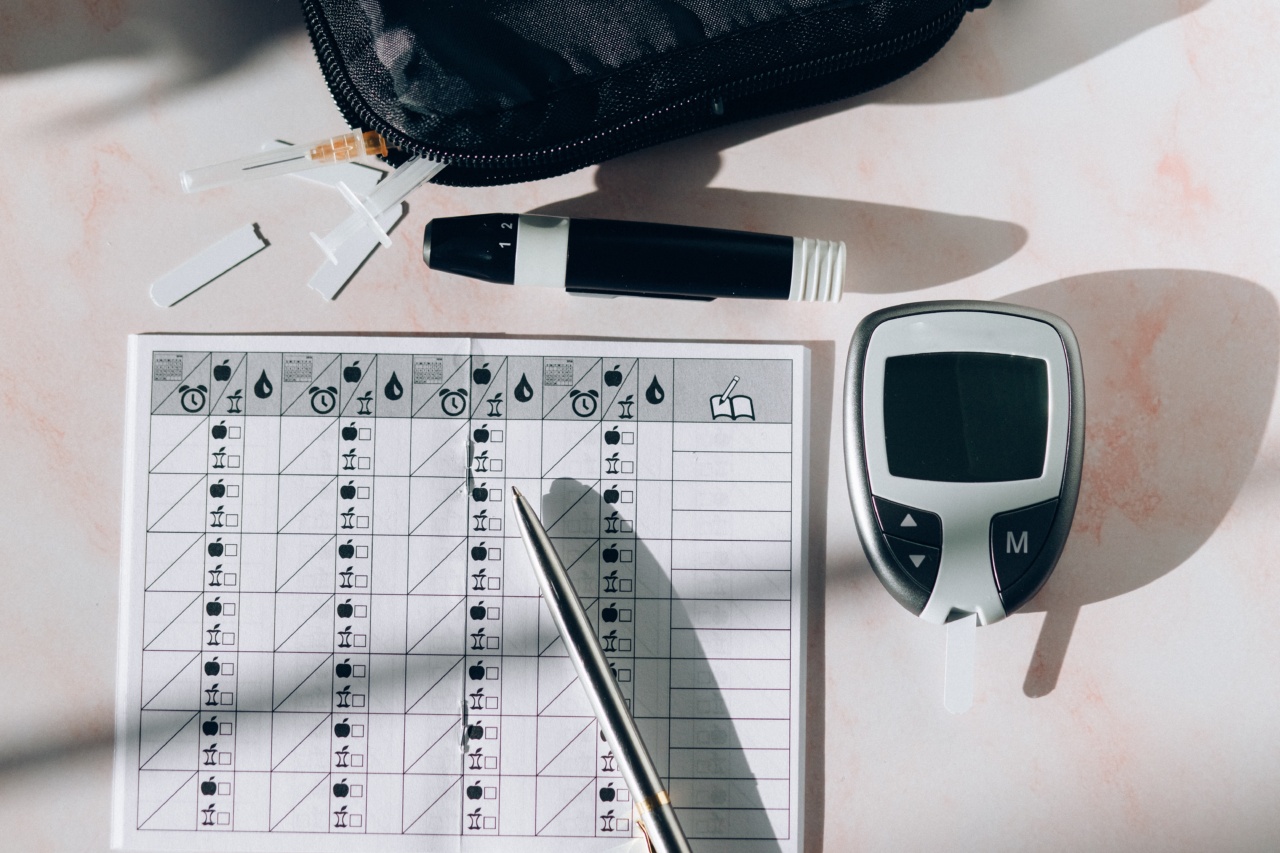Blood sugar, also known as blood glucose, is the main sugar found in your blood and is an essential source of energy for your body’s cells. However, maintaining balanced blood sugar levels is crucial for overall health and well-being.
When blood sugar levels spike after a meal, it can lead to a range of health issues, including diabetes, weight gain, and inflammation. Fortunately, there are several natural ways to help balance blood sugar levels after eating. In this article, we will explore ten effective strategies to naturally regulate blood sugar levels.
1. Consume Fiber-Rich Foods
Fiber plays a vital role in regulating blood sugar levels as it slows down the absorption of carbohydrates. Including fiber-rich foods like fruits, vegetables, whole grains, and legumes in your meals can help stabilize blood sugar levels after eating.
These foods offer a gradual release of sugar into the bloodstream, preventing sudden spikes and crashes in blood sugar levels.
2. Choose Complex Carbohydrates
Opting for complex carbohydrates instead of refined ones can help maintain steady blood sugar levels after a meal.
Complex carbohydrates, such as whole grains, oats, quinoa, and sweet potatoes, take longer to digest, leading to a slower release of sugar into the bloodstream. This helps prevent sudden blood sugar spikes and provides a sustained energy release.
3. Combine Protein and Carbohydrates
Pairing protein-rich foods with carbohydrates can slow down the rate at which sugar is absorbed into the bloodstream. This combination helps to stabilize blood sugar levels and promotes a feeling of fullness.
Some excellent protein sources to include in your meals are lean meats, eggs, fish, legumes, nuts, and seeds.
4. Consume Healthy Fats
Incorporating healthy fats in your diet can help slow down the absorption of sugar into the bloodstream. Foods rich in monounsaturated fats, such as avocados, olive oil, and nuts, can be beneficial for blood sugar regulation.
These fats also contribute to feelings of satiety and can help prevent overeating or snacking on unhealthy foods.
5. Stay Hydrated
Drinking enough water is essential for maintaining balanced blood sugar levels. Dehydration can affect blood sugar control and lead to higher blood sugar levels.
Aim to drink at least 8 glasses of water or other hydrating fluids throughout the day to support optimal blood sugar balance.
6. Incorporate Cinnamon
Cinnamon is a spice known for its ability to improve insulin sensitivity and regulate blood sugar levels. Including cinnamon in your meals or beverages can help reduce post-meal blood sugar spikes.
Sprinkle cinnamon on your morning oatmeal, add it to tea or coffee, or use it in cooking and baking to enjoy its benefits.
7. Practice Portion Control
Eating in moderation and practicing portion control can have a significant impact on blood sugar regulation. By keeping your portion sizes in check, you can prevent excessive sugar intake, which can lead to blood sugar imbalances.
It’s also essential to listen to your body’s hunger and fullness cues to avoid overeating.
8. Engage in Regular Physical Activity
Regular exercise is one of the most effective ways to balance blood sugar levels and improve insulin sensitivity.
Engaging in moderate-intensity activities like brisk walking, cycling, or dancing for at least 30 minutes per day can help your body utilize glucose more efficiently. Aim for a mix of cardiovascular exercises, strength training, and flexibility exercises to reap the maximum benefits.
9. Get Sufficient Sleep
A good night’s sleep is crucial for maintaining optimal blood sugar levels. Inadequate sleep can disrupt the hormonal balance in your body, leading to insulin resistance and higher blood sugar levels.
Aim for 7-8 hours of quality sleep each night to promote overall well-being and blood sugar regulation.
10. Reduce Stress Levels
Chronic stress can contribute to elevated blood sugar levels and interfere with insulin function. Engaging in stress-reducing activities such as meditation, yoga, deep breathing exercises, or hobbies can help balance blood sugar levels after eating.
Prioritizing self-care and finding healthy ways to manage stress can have a positive impact on your overall health.





























